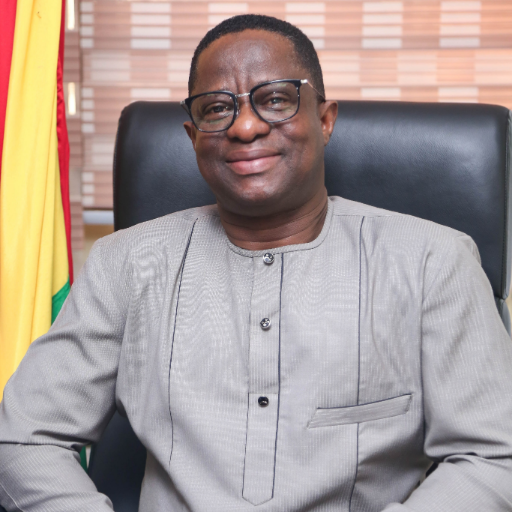The country coughs out a combined US$1.2billion yearly to pay for excess power capacity and gas which it does not use, Dr. A Ofosu Ahenkorah, a former Executive Secretary at the Energy Commission has revealed.
The amount, he explained, is the result of existing power purchasing agreements and gas deals contracted on pay or take basis, which the country is obliged to pay for, regardless of whether it uses it or not. Of the total cost, excess power, mainly from independent power producers, accounts for around US$500 million, with the remaining amount coming from gas deals with local producers and foreign suppliers.
“If we don’t use the capacity for electricity we still have to pay for it and if we don’t use the gas we still have to pay for it,” says Dr. Ahenkorah, who is now an energy consultant. Ghana’s total installed capacity stands at 5,083MW and a peak demand of 2,7000MW, but 2,300MW of the entire capacity has been contracted on a take or pay basis.
When it comes to gas, the Sankofa offshore gas project, a flagship public-private partnership (PPP) — which is backed by a total of US$1.2 billion in World Bank Group guarantees and debt financing — is an increasing fiscal burden. Under a ‘take or pay’ clause in the Sankofa contract between Ghana and private sector investors, the Ghana National Petroleum Corporation (GNPC) must purchase 90 percent of a predetermined quantity of gas produced, whether it is able to use it or not.
In 2019 for instance, government’s bill for unused gas primarily due to the take or pay clause in the Sankofa contract — amounted to US$250 million, due to a combination of lack of demand and delays in building associated infrastructure needed to offtake Sankofa’s gas.
The terms of the Sankofa contract and others with foreign suppliers have been heavily criticised by civil society organisations like the African Centre for Energy Policy (ACEP), for having an undue burden on government finances.
Similarly, the International Monetary Fund’s 2019 debt sustainability analysis for Ghana highlighted the gas sector as a fiscal risk to the country, noting, “the off-take agreement for gas supply from the offshore Cape Three Points field [i.e. Sankofa]…requires Ghana to make monthly payments equivalent to 0.7 percent of GDP annually.”
Way forward
Ideally, Dr. Ahenkorah said the best way forward would be to increase domestic consumption of electricity and gas. “To reduce effect on the country, we just have to consume the power and consume the gas. If we don’t increase consumption, we will keep on paying, but if we increase consumption then we will stop paying.”
Explaining further, he said the country could use electricity for transportation – electric vehicles and gas for transportation by converting trucks into gas engines. Additionally, he said the gas could be used to spur industrial growth if the right infrastructure, like gas pipelines, can be constructed to deliver the gas for industry and for minerals processing.
“We can make productive use of gas. It is not meant for electricity production alone; we can construct pipelines to allow industries to use it. We can move the gas to mining areas where they will use it for processing of minerals. Saltpond has huge deposits of materials for ceramics. If we move gas there, they will use it to produce tiles, water closets and other ceramics,” he added.










